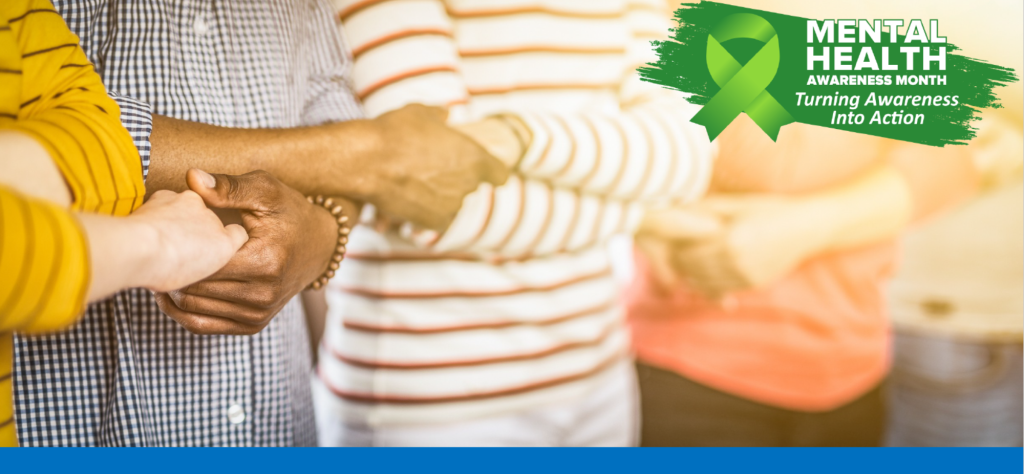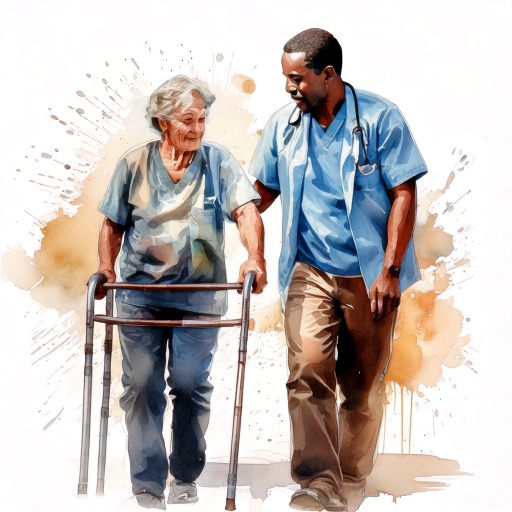
May is Mental Health Awareness Month — a time to reflect on how we care for our emotional well-being both inside and outside of work. Whether you’re managing daily responsibilities, balancing personal commitments, or just trying to stay afloat, it’s okay to feel overwhelmed. The good news is that small, intentional choices can help us build resilience and protect our mental health over time.
5 Small Shifts That Matter
- Name It to Tame It – Pause and check in with yourself. Naming how you’re feeling is a form of self-awareness that can lessen its intensity.
- Microbreaks Matter – A 5-minute walk or deep-breathing session between tasks can reset your nervous system and help you refocus.
- Set Soft Boundaries – If you find yourself saying “yes” to everything, practice saying, “Can I get back to you after I check my workload?”
- Protect One “No Meeting” Hour – Block off one hour a day (or even a few times a week) to do focused work or just breathe.
- Use Your Benefits – Don’t wait until you’re at a breaking point. Our BHS Employee Assistance Program (EAP) offers free, confidential counseling and support resources.
Taking care of your mental health isn’t selfish — it’s essential. Whether you explored a new BHS video this month or will try one small shift from the list above, know that every step counts. You’re not alone, and support is always within reach.









